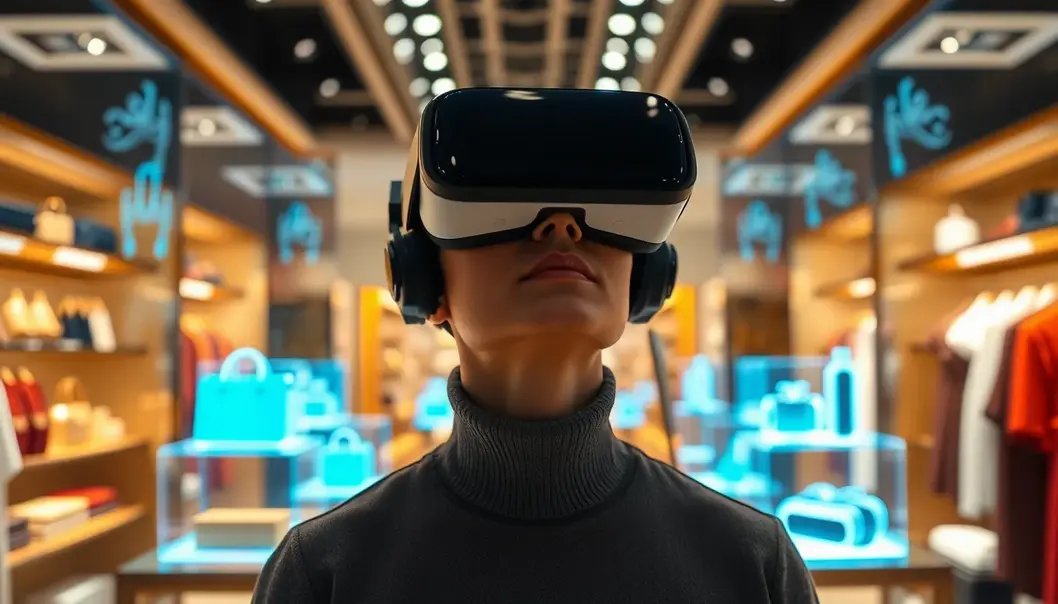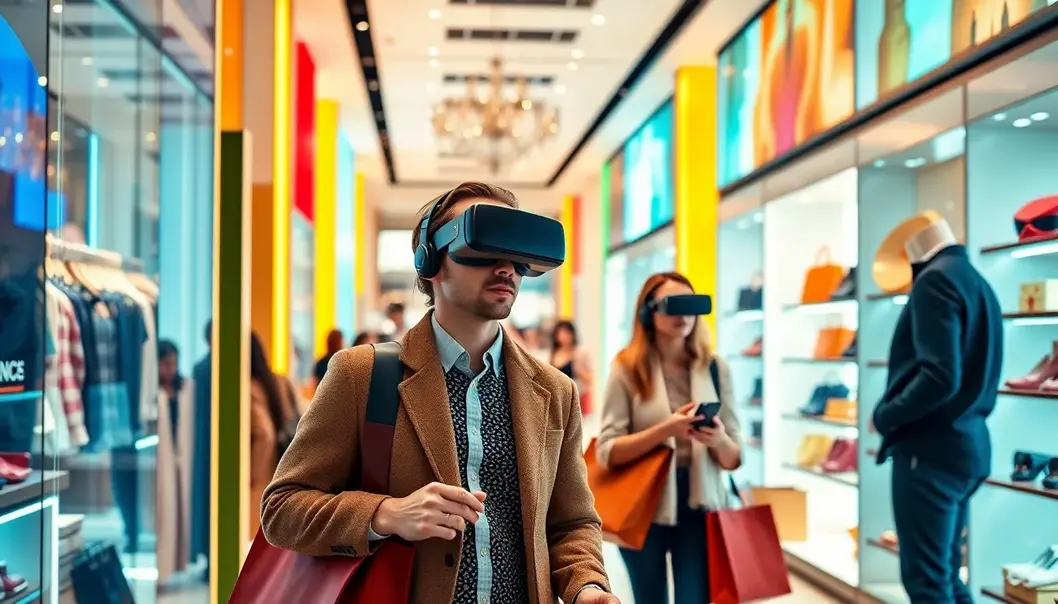2025 is set to be a milestone year for luxury shoppers who cherish exquisite experiences. As retailers strive to meet these evolving expectations, customer service is undergoing an exhilarating transformation. With innovations that blend the digital with the opulent, the luxury sector is redefining how it engages its elite clientele. From personalized service strategies to immersive shopping experiences, the future promises a dazzling array of changes. This guide spotlights the upcoming trends poised to captivate luxury shoppers and enhance their buying journeys, ensuring not just satisfaction but delight at every touchpoint. Embark on this thrilling exploration of what to expect in the world of luxury retail.
Personalization: The New Gold Standard

In the realm of luxury shopping, personalization has rapidly become the epitome of exceptional customer service. With advances in artificial intelligence (AI) and sophisticated data analytics, luxury retailers are crafting bespoke experiences that resonate on a profoundly individual level. This progression toward hyper-personalized service not only heightens the consumer experience but also fosters unparalleled brand loyalty among high-end clientele.
The ability to anticipate and intimately understand consumer desires lies at the heart of this trend. AI, equipped with machine learning algorithms, analyzes vast volumes of data—from purchase history to browsing behavior—allowing luxury brands to predict preferences with remarkable accuracy. This means curated recommendations and tailored communication are no longer a luxury but an expectation among affluent shoppers. The result is an emotional connection with the brand, grounded in the feeling of being uniquely valued.
Furthermore, bespoke experiences are moving beyond simple recommendations. Imagine entering a luxury boutique where your favorite scents subtly waft through the air, your preferred music plays in the background, and your size is stocked in advance. Such atmospheric personalization transforms shopping from a mere transaction into a memorable event. This level of detail, made possible by AI’s capability to process individual shopper profiles, ensures that each visit feels not only special but meaningful.
Data privacy, however, is a critical consideration. Luxury brands must navigate the delicate balance between personalization and privacy, ensuring consumer trust. Transparency in data collection and usage reassures customers that their personal information is secure, enhancing their trust in the brand. As brands navigate this landscape, it’s crucial to maintain clear communication about data practices to avoid potential breaches of trust.
The emphasis on personalization is manifesting across the broader spectrum of customer interactions, both online and offline. In digital spaces, personalized virtual assistants cater to shopper inquiries with a human touch, thanks to advanced natural language processing. Meanwhile, in physical stores, AI-driven inventory management systems ensure the availability of personalized selections, elevating the shopping experience to an art form.
As luxury consumers increasingly seek meaningful connections, brand loyalty hinges on this ability to adapt and respond to individual needs. Through thoughtful use of AI and data analysis, luxury retailers can forge enduring relationships with their clientele, setting the gold standard for customer service in retail.
Exploring similar groundbreaking trends, such as the integration of community values, can further enhance consumer engagement and loyalty. For those interested in understanding the powerful connection between community and retail, check out Connect with Community Resources for Pet Adoption.
Immersive Experiences: Luxury Retail’s Virtual Reality

As luxury shoppers seek unique ways to connect with brands, virtual reality (VR) and augmented reality (AR) have emerged as transformative technologies reshaping retail experiences. These immersive tools offer brands a way to craft memorable environments that go beyond the traditional shopping venue, allowing consumers to engage with products and brands on a deeply sensory level.
Virtual reality transports shoppers to tailored universes where imagination and reality blend seamlessly. Imagine browsing an opulent boutique from the comfort of your home, engaging with products as if you were physically present. VR allows consumers to walk through virtual showrooms, examine intricate details of high-end watches, or explore exquisite collections without the constraints of time and space. It’s a personalized journey that complements the taste of each consumer, offering an intimacy that a simple e-commerce website cannot replicate.
Augmented reality, on the other hand, enhances the physical shopping experience by overlaying digital information on the real world. Picture strolling through a flagship store, with your smartphone or AR glasses acting as a guide, enriching your experience with interactive storytelling. Customers could see a dress virtually tailored to their figure before trying it on or witness the craftsmanship behind a bespoke piece of jewelry. This augmentation fosters a deeper understanding of the product while retaining the tactile satisfaction of in-store visits.
Luxury brands are leveraging these technologies to weave narratives that resonate with their clientele, enhancing brand loyalty and emotional connection. This strategic use of VR and AR enables brands to tell their stories dynamically, aligning with the rich heritage and innovative spirit that define them. These immersive experiences are more than novel engagements; they are essential components of a holistic, sensory-rich brand experience.
Incorporating VR and AR into retail spaces is not without challenges. Developing high-quality, visually stunning environments requires significant investment and technological expertise. However, as these technologies evolve, their adoption in creating lavish, mesmerizing shopping experiences is expected to become a norm, rather than a peek into a distant future.
As we anticipate the luxury shopping landscape of 2025, the integration of virtual and augmented reality will continue redefining the standards of lavish retail experiences. This trend persists in shaping how consumers explore luxury, enabling shoppers to engage with a world where the possibilities are as extravagant as their desires.
Final words
In 2025, luxury retail is not just about the products but the comprehensive experiences offered. Through personalization and immersive technologies, luxury brands are elevating the way they serve their elite clientele. By adopting these emerging trends, luxury retailers ensure they remain relevant and compelling, captivating their audience with both innovation and tradition. As you embrace these changes, expect nothing short of extraordinary adventures in the world of luxury shopping.
Step into the future of luxury shopping! Explore the latest trends and make your next purchase a lavish experience.
Learn more: https://www.luxuryretailpage.com/trends
About us
Our company excels in delivering bespoke solutions for luxury retailers. We provide cutting-edge technologies like AI-driven personalization and immersive virtual reality experiences, specially designed to elevate the shopping journey for your elite clientele.

